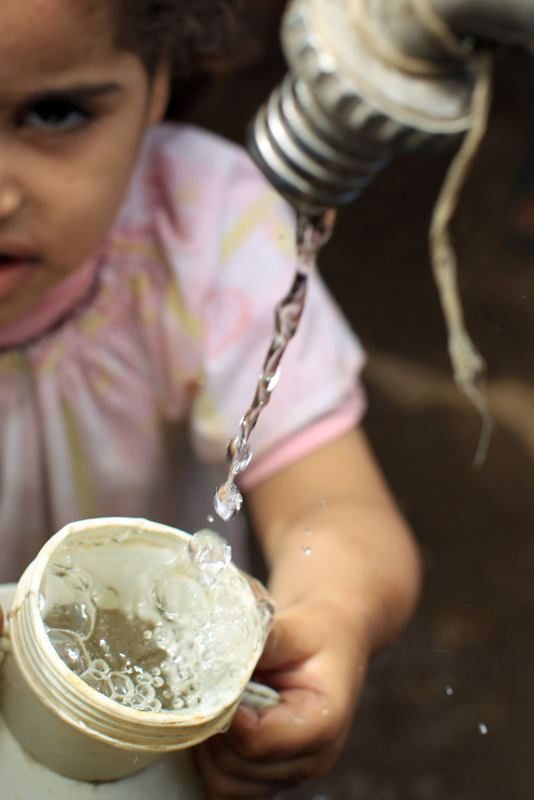Egypt’s cabinet decided to raise the drinking water and sewage fees starting August in a new step to reduce subsidies amid a package of economic reforms aimed at reducing the budget deficit.
The official Gazette showed on Wednesday the new prices for residential use, including five segments divided according to the consumption of each segment.
There are about 12 million subscribers who pay for their water consumption per month.
Egypt consumes about 9.1 billion cubic metres of drinking water annually, with an estimated daily consumption of 25 million cubic meters.
According to the official newspaper, Egyptians will be paying per month between 45 piastres instead of 30 per cubic metre for the consumption of up to 10 cubic metres of water, EGP 1.20 instead of 70 piastres per cubic metre for up to 20 cubic metres, and EGP 1.65 instead of EGP 1.55 per cubic metre for up to 30 cubic metres.
The drinking water fee will reach EGP 2 per cubic metre for the consumption of up to 40 cubic metres, and EGP 2.15 per cubic metre for the consumption of more than 40 cubic metres.
Sewage fees, which are calculated as a percentage of water prices, also increased to 63% of the water price—up from 57%.
Prices per cubic metre for non-residential use also increased depending on consumption levels, amounting to EGP 2.20 rather EGP 1.80 for government institutions, EGP 2.40 rather than EGP 2 for commercial use, EGP 3.35 rather than EGP 2.85 for industrial use, and EGP 3.40 rather than EGP 2.90 for tourist establishments.
Egypt has been suffering from sharp inflation—up to 30%—since the flotation of the local exchange rate on 3 November 2016.
The government raised electricity prices by up to 40% this fiscal year for residential and commercial uses, and raised fuel prices as well, as part of a $12bn loan agreement from the International Monetary Fund (IMF), of which the government received two tranches of $2.7bn and $1.2bn.



